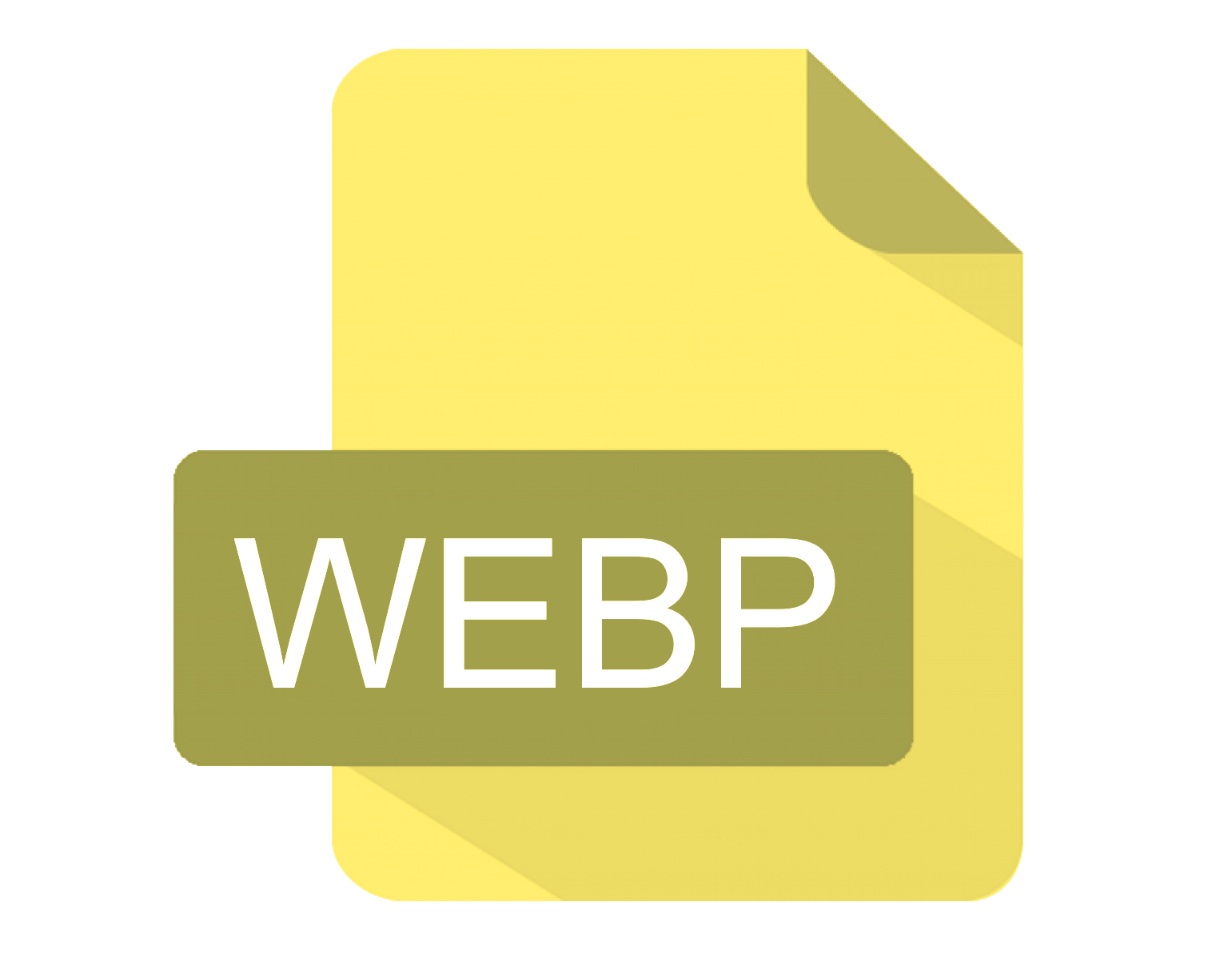In this blog post, I will show you how to read WebP files in Java. We also have a related article covering how to write WebP files in Java.
ImageIO does not support WebP file types in default settings so you will need to use an ImageIO plugin or an external library. I will demonstrate adding webp support using an Open source ImageIO plugin and using the JDeli Image Library.
How to read a WebP image in Java with ImageIO
- Download an ImageIO plugin (try this one or this one) and add it to classpath.
- Create a File handle, InputStream, or URL pointing to the raw WebP image.
- ImageIO will now be able to read a WebP file into a BufferedImage.
and the Java code to read WebP with ImageIO…
File file = new File(“/path/to/file.webp”);
BufferedImage image = ImageIO.read(file)
How to read a WebP image in Java with JDeli
- Add JDeli to your class or module path. (download the free trial jar).
- Create a File handle, InputStream pointing to the raw WebP image. You can also use a byte[] containing the image data.
- Read the WebP image into a BufferedImage
and the Java code to read WebP with JDeli…
File file = new File(“/path/to/file.webp”);
BufferedImage image = JDeli.read(file);
Not sure if it’s working? Try print it out! If you see information about the image, it’s working!

JDeli allows users to read WebP files in Java without the need for an additional plugin. You can read and write images with JDeli across various modern image formats.
Are you a Java Developer working with Image files?
// Read an image
BufferedImage bufferedImage = JDeli.read(dicomImageFile);// Read an image
BufferedImage bufferedImage = JDeli.read(heicImageFile);
// Write an image
JDeli.write(bufferedImage, "heic", outputStreamOrFile);// Read an image
BufferedImage bufferedImage = JDeli.read(jpegImageFile);
// Write an image
JDeli.write(bufferedImage, "jpeg", outputStreamOrFile);
// Read an image
BufferedImage bufferedImage = JDeli.read(jpeg2000ImageFile);
// Write an image
JDeli.write(bufferedImage, "jpx", outputStreamOrFile);
// Write an image
JDeli.write(bufferedImage, "pdf", outputStreamOrFile);
// Read an image
BufferedImage bufferedImage = JDeli.read(pngImageFile);
// Write an image
JDeli.write(bufferedImage, "png", outputStreamOrFile);
// Read an image
BufferedImage bufferedImage = JDeli.read(tiffImageFile);
// Write an image
JDeli.write(bufferedImage, "tiff", outputStreamOrFile);
// Read an image
BufferedImage bufferedImage = JDeli.read(webpImageFile);
// Write an image
JDeli.write(bufferedImage, "webp", outputStreamOrFile);
What is JDeli?
JDeli is a commercial Java Image library that is used to read, write, convert, manipulate and process many different image formats.
Why use JDeli?
To handle many well known formats such as JPEG, PNG, TIFF as well as newer formats like AVIF, HEIC and JPEG XL in java with no calls to any external system or third party library.
What licenses are available?
We have 3 licenses available:
Server for on premises and cloud servers, Distribution for use in a named end user applications, and Custom for more demanding requirements.
How does JDeli compare?
We work hard to make sure JDeli performance is better than or similar to other java image libraries. Check out our benchmarks to see just how well JDeli performs.
